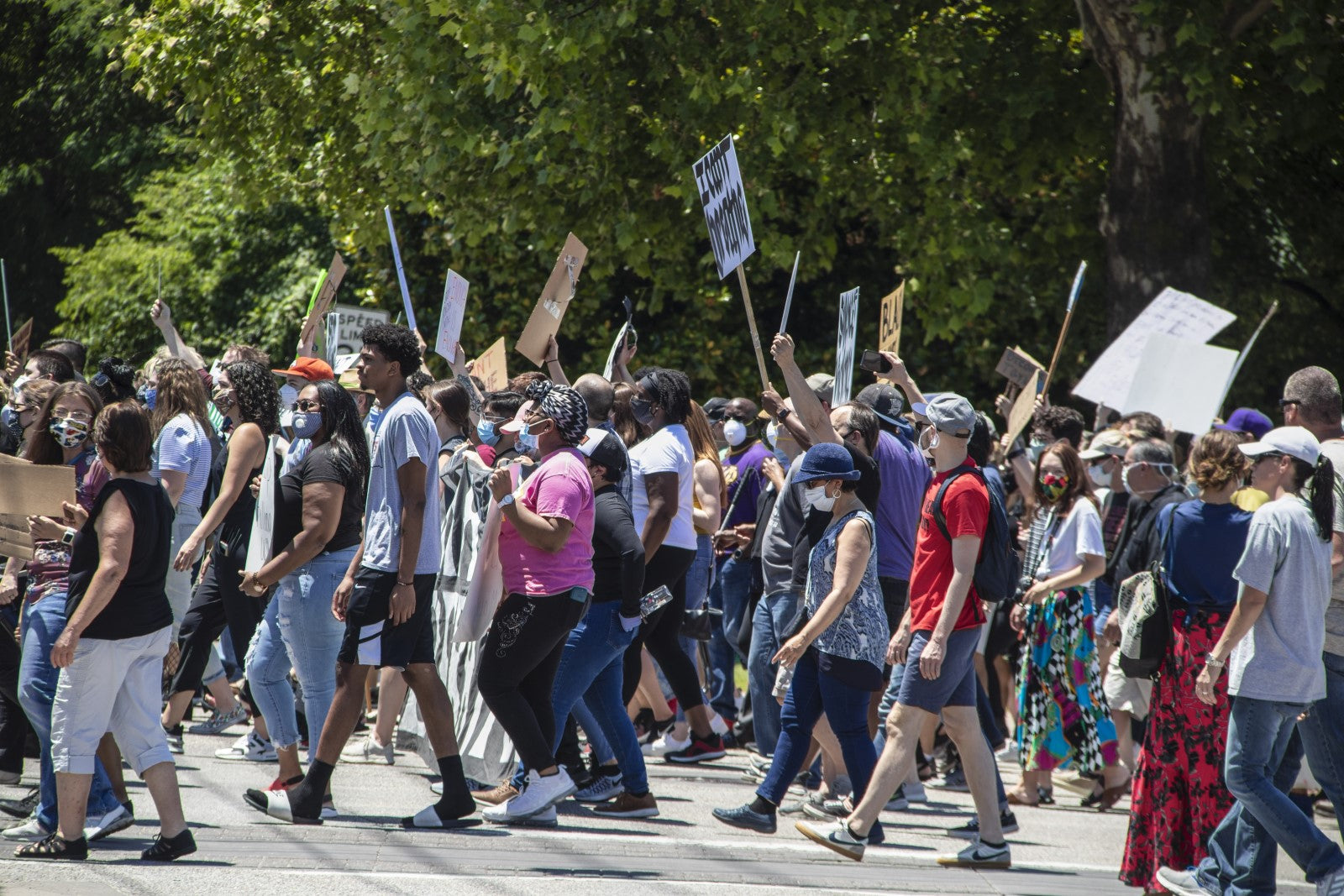Listen to Audio 
Stamp Act Story: Suppressing Petitions for Redress
In the bustling streets of colonial Boston, tensions ran high among the residents. The news of the Stamp Act had spread like wildfire, and the colonists found themselves burdened by an unjust tax imposed by a distant British Parliament. James Anderson, a printer by trade, was deeply troubled by the implications of the Act.
As James gathered with like-minded individuals at the local tavern, they discussed their grievances and the need to petition the government for redress. They decided to draft a formal petition outlining their objections to the Stamp Act and expressing their desire for its repeal. The petition aimed to be a peaceful and lawful means of registering their discontent.
However, when the colonists attempted to submit their petition, they encountered a harsh reality. The British authorities, aware of the growing discontent, had issued orders to suppress any petitions challenging the authority of Parliament. The local governor, a staunch supporter of British policies, declared such petitions illegal and prohibited their submission.
Undeterred, James and his fellow colonists persisted. They attempted to circulate the petition secretly, passing it from hand to hand in the shadows of the night. Unfortunately, their efforts were discovered, and the British authorities retaliated by arresting some of the key figures involved in drafting the petition, including James Otis Jr.
The suppression of the colonists further fueled the flames of discontent. It became a symbol of the broader struggle for colonial rights and self-determination. The events surrounding the Stamp Act and the suppression of petitions played a significant role in galvanizing colonial opposition, eventually leading to more organized resistance and the call for greater representation in the decision-making process.
Redress of Grievances
The phrase "redress of grievances" in the First Amendment of the U.S. Constitution is part of the petition clause, which states:
"Congress shall make no law respecting … the right of the people peaceably to assemble, and to petition the Government for a redress of grievances."
The "redress of grievances" component emphasizes the right of the people to bring their complaints or concerns to the government. It essentially means that citizens have the right to seek remedies or solutions for their grievances from the government without fear of retribution.
This clause recognizes the importance of allowing individuals and groups to communicate their dissatisfaction with government actions or policies, and to request corrective measures. It reflects the broader democratic principle that citizens should have the ability to participate in the political process and hold their government accountable for its actions.
Historical Context
The framers of the Constitution were largely influenced by their personal experiences and were keen on establishing a government that respected individual liberties and protected citizens from the abuses they experienced under British rule. In addition, documents like the Magna Carta, the Petition of Rights, and the English Bill of Rights provided clear evidence that their experience was not an isolated incident.
During the colonial period, the British government often ignored or suppressed the grievances of the American colonists. The colonists faced issues such as taxation without representation and restrictions on petitioning the government for a redress of grievances.
One example of this was Parliament’s passage of The Stamp Act in 1765. The Stamp act was a direct tax imposed by the British Parliament on the American colonies, requiring that many printed materials, including newspapers, legal documents, and even playing cards, be printed on paper produced in London that carried an embossed revenue stamp.
Tensions between the colonies and the British government escalated after its passage, and Americans sought ways to address their grievances and communicate their concerns. However, they met stiff resistance and even imprisonment for voicing their disdain for this law.
Securing Redress of Grievances Since 1787
The founders believed that the right to petition the government for redress of grievances was essential in a free society. This right has become a fundamental aspect of our American heritage and a cornerstone of liberty for over two centuries, but it has not endured without a struggle.
While the right to petition the government for a redress of grievances is a fundamental aspect of the First Amendment to the U.S. Constitution, there have been instances throughout U.S. history where government officials or institutions limited this right. A few historic examples include:
-
Alien and Sedition Acts (1798): Enacted during the presidency of John Adams, the Alien and Sedition Acts included provisions that targeted critics of the government. The Sedition Act, in particular, made it a crime to publish "false, scandalous, and malicious writing" against the government. This directly limited the ability of citizens to openly criticize the government and seek redress of grievances.
-
Espionage Act (1917) and Sedition Act (1918): During World War I, these acts were passed, restricting certain forms of expression that were deemed disloyal, including statements that might interfere with the war effort. This led to the prosecution and imprisonment of individuals who spoke out against the government or the war, limiting their ability to petition for redress of grievances.
-
Red Scare and McCarthyism (1940s-1950s): During the post-World War II era, the fear of communism led to a suppression of political dissent. Government officials, particularly during the McCarthy era, targeted individuals suspected of being affiliated with or sympathetic to communist ideologies. This climate inhibited people from openly expressing their grievances and petitioning against perceived injustices.
-
Civil Rights Movement: In the mid-20th century, as the Civil Rights Movement gained momentum, there were instances where Southern state governments resisted the right to petition. African Americans seeking to address grievances related to racial segregation and discrimination faced violent repression, including police brutality and the suppression of protests.
-
Vietnam War Protests: During the Vietnam War, the government responded to anti-war protests with various measures, including arrests and restrictions on the right to assemble. The FBI's surveillance of anti-war activists, as revealed by the COINTELPRO program, also aimed to disrupt and discredit those petitioning against government policies.
Ensuring Future Protection: Safeguarding the Right to Petition Government
While we still have the right to petition the government for a redress of grievances, we should be vigilant in protecting it for ourselves and future generations. Here are just a few ways this right is currently being threatened.
-
Health & Safety: During the height of the recent pandemic, authorities have imposed restrictions on the right to assemble and protest in the name of public safety.
-
Online and Digital Expression: Social media and online platforms are changing the landscape for free expression and petitioning. Challenges have risen as these platforms navigate issues related to content moderation, disinformation, and the balance between allowing diverse opinions and preventing harmful or misleading information.
-
Whistleblower Protections: Individuals who expose government wrongdoing or unethical practices through whistleblowing may face legal challenges and even retaliation. Ensuring robust legal protections for whistleblowers is crucial for maintaining transparency and accountability within government institutions.
-
Access to Information: Challenges persist in ensuring that citizens have access to information about government actions and policies. Transparency is essential for informed petitioning, and efforts to restrict access to information can hinder the public's ability to understand and address grievances.
-
Gerrymandering and Voter Suppression: While not directly related to petitioning, issues such as gerrymandering (manipulation of political district boundaries to favor one political party or group over another), and voter suppression, can impact the democratic process. When citizens feel that their votes have been marginalized or that the electoral system is unfair, it may affect their trust in the political process and their willingness to petition for a redress of grievances through established channels.
Remaining well-informed about ongoing events and legal changes is a vital part of our duty as citizens to keep our elected representatives, and the laws we must obey, in check. If you feel like you don’t have the time to be directly involved, join a group you can support that will let you know about issues that are important to you. In many cases these groups make it easy to know who to contact and what to say.
If you belong to one of these groups, please feel free to recommend it in the comments section below.


8 comments
Shirley Waage
These are great organizations that can keep you informed on current issues and make it easy to contact your legislators regarding them:
First Liberty, Alliance Defending Freedom, and ACLJ (American Center for Law and Justice.)
sandy price
My grievances are against Congress and all entities (3 letter unconstitutional offices) who has been unlawfully stripping us of our God given rights and Constitutional rights. They do not have the authority for the patriot act, prep act, cures act, Real ID act etc. They have committed treason and crimes against humanity. They do not have authority to force mankind into slavery to them or make us transhuman. This is satanic worship. They all need to be prosecuted accordingly.
Scott John Rengger
My greavance is about why should the NAACP, ACLU, UNIONS, impose their ideology upon the rest of the citizens; also, why should personal lifestyles be forced upon us. Our constitution guarantees freedom of speech, thought, liberty, religion, etc; the rights of a person cannot infringe on the rights of another.